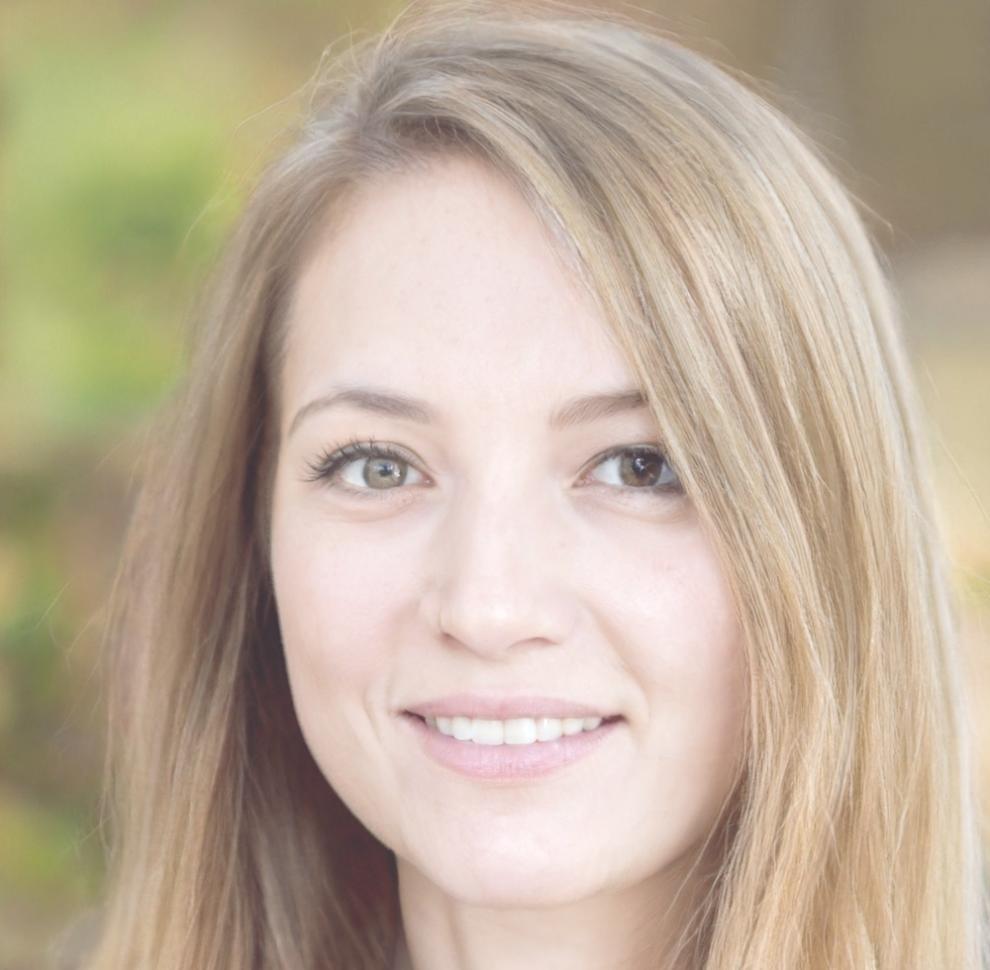Learning That Fits Your Schedule
We run cohorts twice yearly because cramming
financial education into a weekend workshop doesn't work. Real behavior change takes time
and repetition.
Our next program launches March 2025 and continues
through August. Sessions happen Tuesday evenings at 7 PM AEST—chosen specifically because
it's after dinner but before most people are too tired to think about numbers.
- Small cohorts capped at 18 participants for meaningful discussion
- All materials provided digitally—no required purchases beyond the program fee
- Optional one-on-one check-ins at the midpoint if you need extra support
- Private online forum for questions between sessions
- Lifetime access to updated curriculum materials as we refine content





